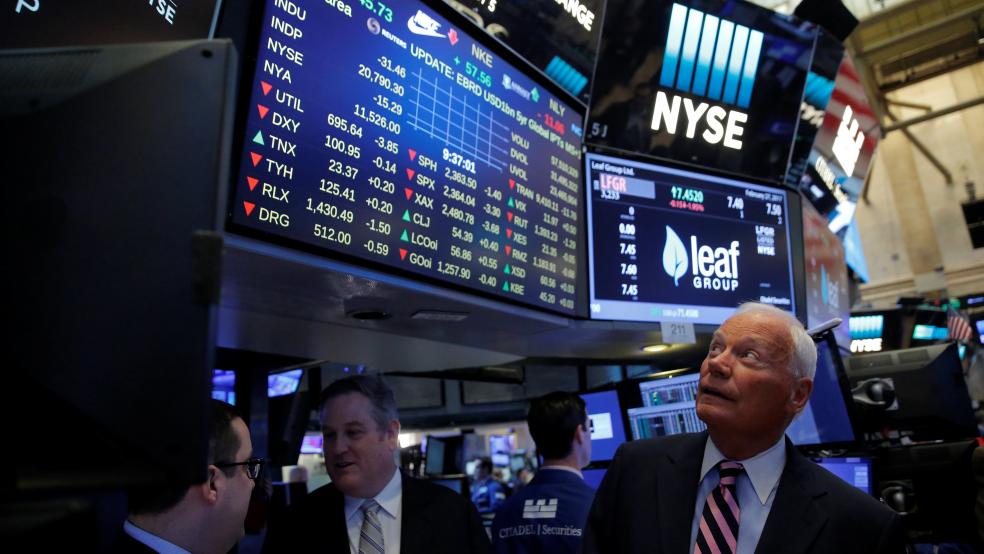WASHINGTON (Reuters) - Wall Street firms waiting for President Donald Trump to usher in a new era of deregulation may have to wait a significant while longer. The agencies expected to unwind financial rules are so strapped for leadership they may not be able to get much done until they staff up.
Nearly every major financial regulator currently has significant leadership gaps, in part because the Republican-dominated U.S. Senate has been reluctant to approve nominations that were made by former President Barack Obama, a Democrat.Those openings could give Trump, a Republican, opportunities to rewrite regulations for banks, securities traders, brokers, and others. But it also could slow any attempts to overhaul Wall Street oversight that have to work their way through agencies that may be deadlocked or thinly staffed. The recently inaugurated president has frozen all regulation-writing in agencies that report to him but that does not apply to independent agencies, forcing him to work with them on some major rule changes. Here is a look at the holes at the regulators charged with protecting investors, keeping markets stable and driving away risk.SECURITIES AND EXCHANGE COMMISSIONThe country's top securities regulator typically has five members (four commissioners and a chair) and by statute can never have more than three members from the same political party.The chair is currently empty but President Trump has nominated Republican Jay Clayton.It currently has only two commissioners, a Republican and a Democrat who rarely agree. Even after Clayton is confirmed and in place, he is expected to have to recuse himself from several key decisions because of his previous work with Sullivan & Cromwell, where he represented banks such as UBS (UBSG.S) and Fifth Third Bank (FITB.O) in SEC cases. That would leave the two deadlocked commissioners to continue voting against each other, until more members are nominated.Trump is required by law to nominate at least one Democrat.There also are several key openings throughout the SEC, including enforcement, corporate finance, economic and risk analysis and trading and markets. Although career bureaucrats are filling in as "acting" officials, they are unlikely to push through significant rulemaking or enforcement actions without a filled-out commission. COMMODITY FUTURES TRADING COMMISSIONThe CFTC, which regulates commodities and derivatives trading, also typically has five members (four commissioners and a chair), with no more than three members from the same party. Acting Chair J. Christopher Giancarlo, a Republican, is expected to be made the permanent head but Trump has not announced a nomination yet.Only one other commissioner, a Democrat, remains. Obama had nominated a Democrat and a Republican for the commission openings. Both had won praise from the Senate though neither was confirmed. Before he left office, Obama renewed the nominations.FEDERAL RESERVEThe position of a vice chair for supervision to oversee banks was created through the 2010 Dodd-Frank Wall Street Reform law but has never been filled. Sources say David Nason, a General ElectricFactbox: Lacking leadership, U.S. financial regulators could be in slo-mo for a while

Andrew Kelly



